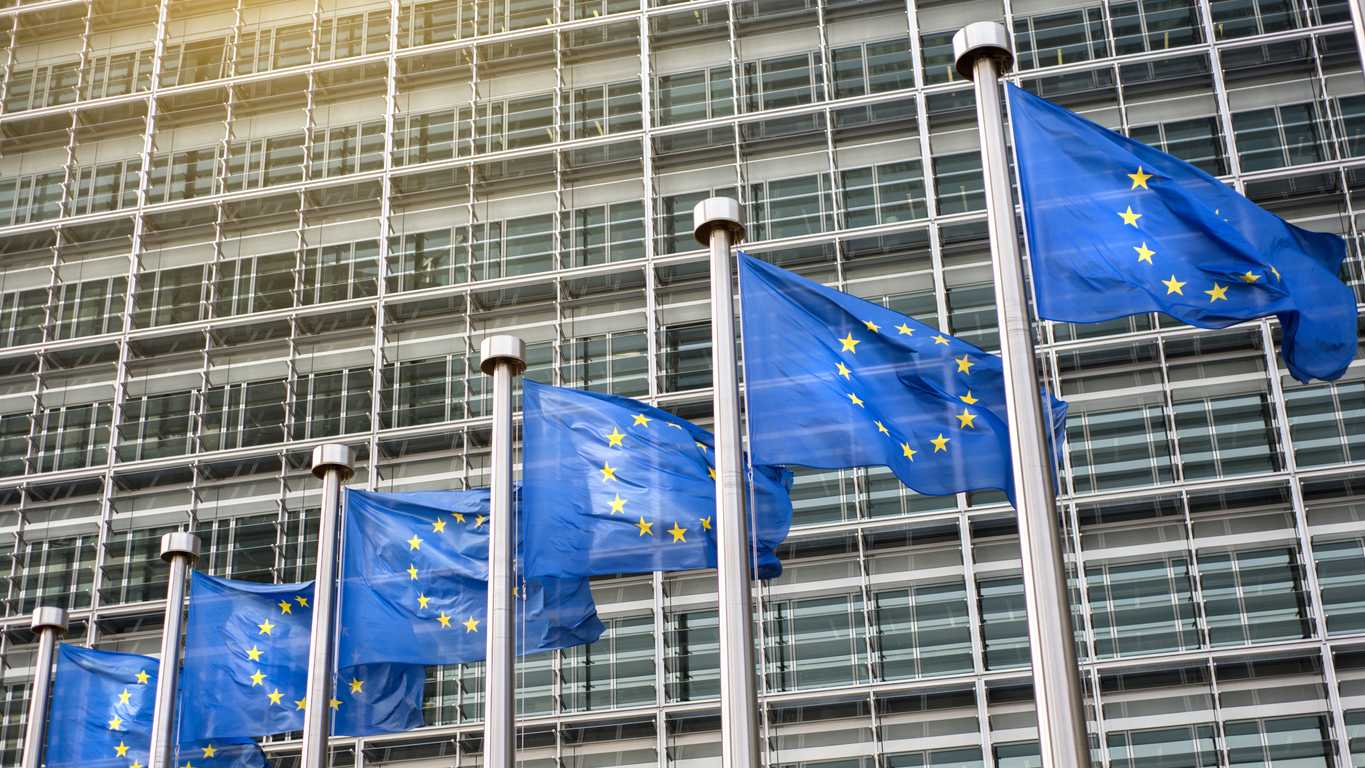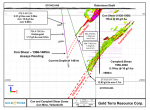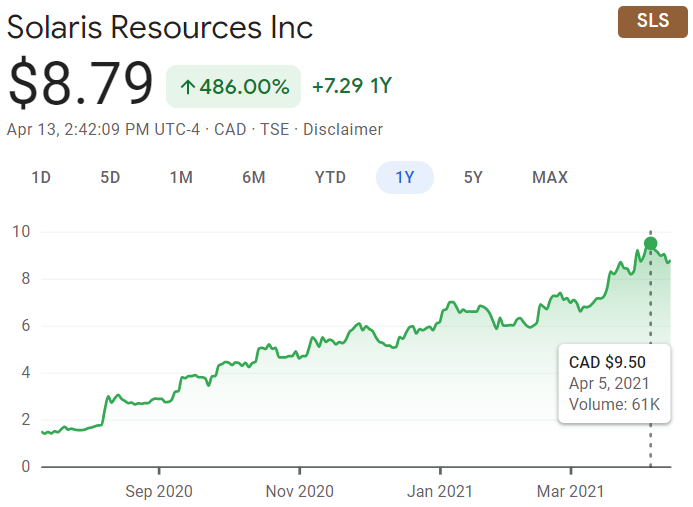
Countries from the Western Hemisphere to the Eastern hemisphere are now focusing on economic recoveries from the pandemic. That means spending is up, manufacturing is up, and industry is refiring.
But some European leaders worry about a shortage of magnesium and what kind of effects that might have on an industrial recovery from the pandemic. The European Union gets 95% of its magnesium from China, and so talks have opened between the EU and China to ensure the supply of the silvery-white metal used to make aluminum.
One of the challenges facing Chinese magnesium smelters is the electricity shortages sweeping the nation. The power cuts due to challenges generating sufficient energy from current power sources mean that China has ordered some smelters to close.
Factories have had to be powered down, and rationing is in effect in many regions as the country tries to manage its electricity supply. The talks are of particular importance since China has ordered approximately 35 out of 50 magnesium smelters to close until the end of the year. The reason was to conserve electricity, but the effect has been a supply shift that has EU leaders worried.
A Fast-Approaching Deadline
Germany’s association of metals producers, WVM, warned that the current European inventories will be exhausted by the end of November – a fast-approaching deadline. The price of magnesium has spiked in recent months as uncertainty surrounding a supply dearth creates chaos in the markets.
It is also difficult to store, and this has been a worrying point of contention as well. It begins to oxidize after three months, and global stocks could run critically low before the end of 2021 if China does not restart production soon.
Magnesium is used to make aluminum, which has become a critical metal for the industrial sector, especially for the auto industry. Aluminum alloys are used in auto parts that include gearboxes, steering columns, fuel tank covers, and seat frames. Its lightweight nature means it can be formed into the necessary shapes while maintaining strength and lightness.
As a result of aluminum used in cars, fuel efficiency has skyrocketed in the past decade. The lighter, more efficient cars are also cheaper to produce thanks to affordable aluminum. However, with the price of magnesium up from approximately $2000 per tonne at the beginning of the year to approximately $4700 per tonne now, the certainty that affordable aluminum can continue to be made is in doubt as well. Industry groups have said that the remaining stocks in Europe are selling for $10,000-$14,000 per tonne in Europe.
The issue was raised on Thursday during an EU leaders’ summit, and a dialogue was opened with China by the European Commission.
On the other side of the world, North American is having its own issues with magnesium. Canada’s Matalco Inc. produces aluminum billet. Last week it had to tell clients that magnesium availability had “dried up” and if it continued then the company may have to cut output. Additionally, it may need to ration deliveries beginning in 2022 to ensure that some are prioritized and every client gets the minimum needed.
Magnesium as a Critical Metal
Magnesium is a light metal used as an alloy for hardening aluminum used in beverage cans and light car parts. The most commonly used magnesium castings do not contain more than 90 mg of alloyed aluminum. Magnesium compounds are used for various purposes.
Magnesium castings are used in the automotive industry, aerospace components, defense applications, and consumer goods (especially laptops, tablets, and mobile phones covers). Aluminum alloys contain an average of 0.8% magnesium and are used in a wide variety of industries with packaging (35% of magnesium used in aluminum alloys), transport (25%), and construction (21%) being the three most important.
China has a quasi-monopoly on the production of magnesium, which is a key component of the production of aluminum alloys. About 95% of the world’s magnesium production comes from China, most of it from the city of Yulin in Shaanxi Province. Worldwide production of magnesite (Sitmate) is 596 Mt, of which China is the largest producer.



 Follow us on Twitter
Follow us on Twitter Become our facebook fan
Become our facebook fan











Comments are closed.